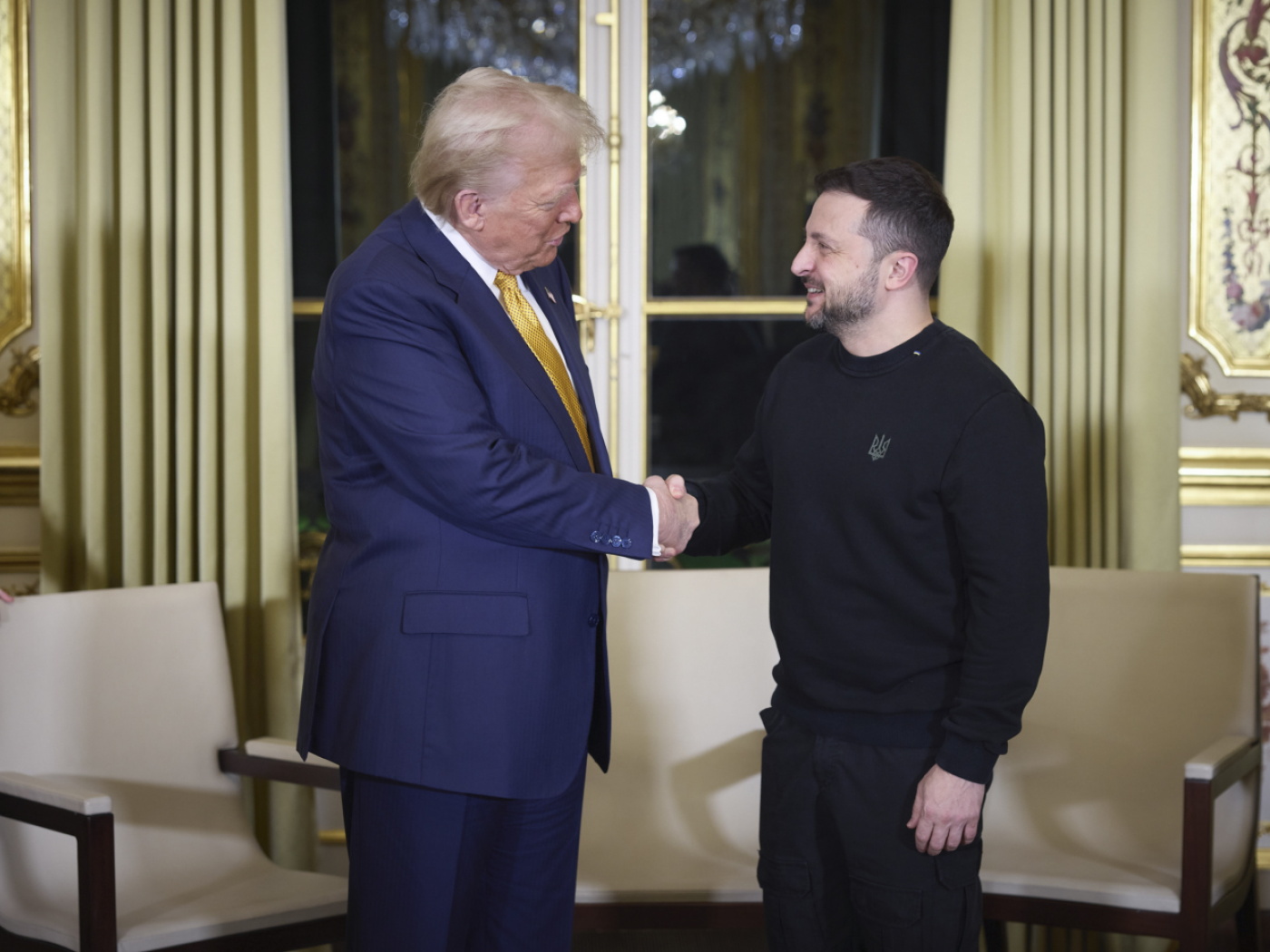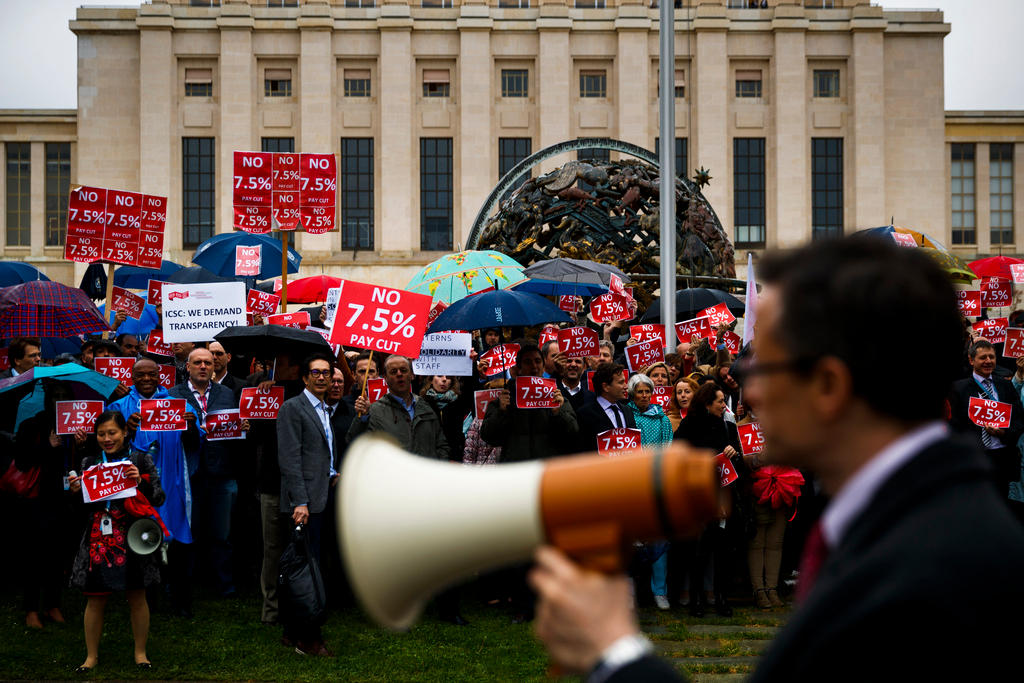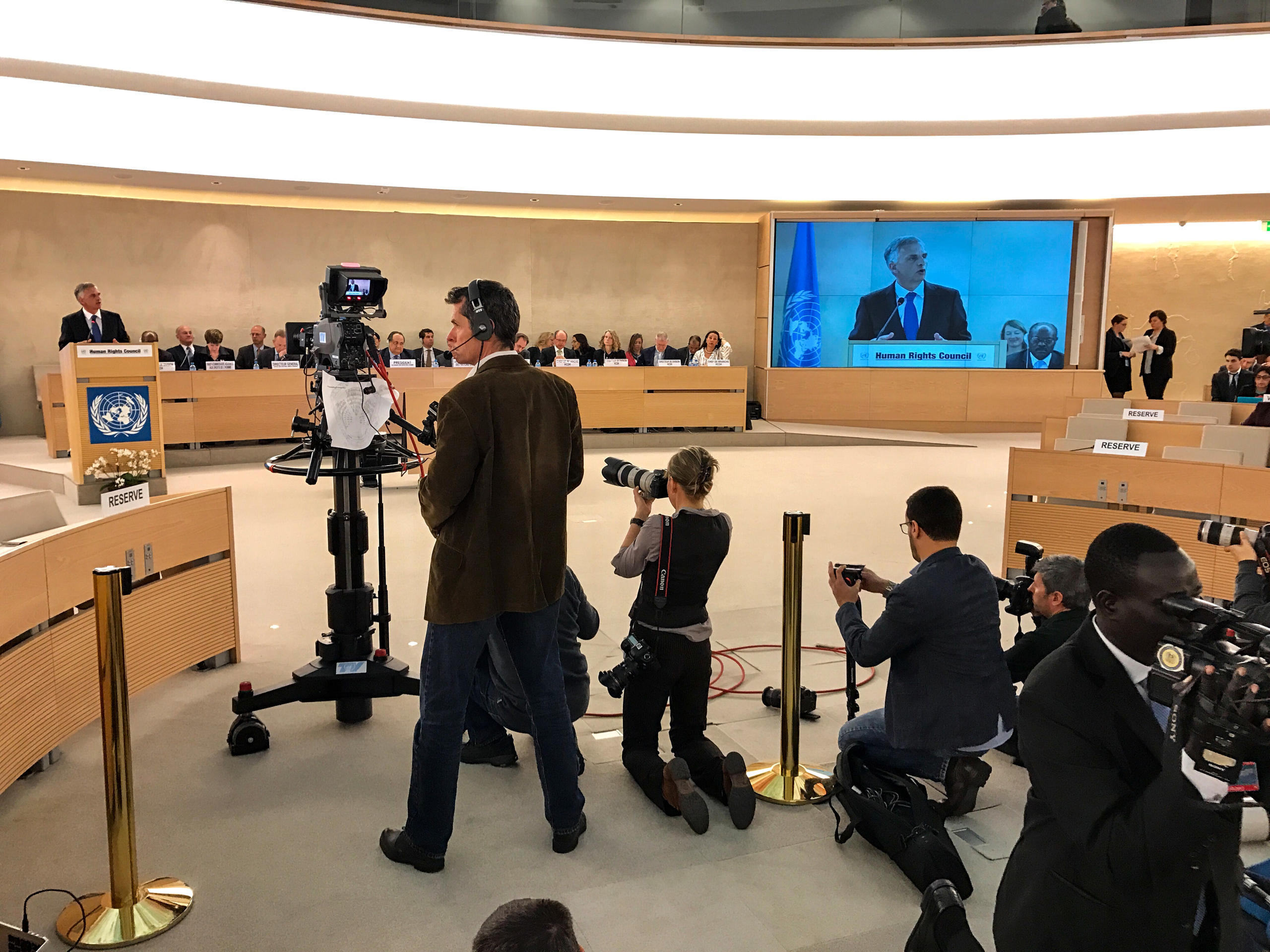Choosing a career to change the world

Since joining the United Nations in 2003, Switzerland has been keen to place as much young talent as possible on the inside. At a recent careers day in Bern, some of these future internationalists told swissinfo.ch how they wanted to change the world.
One of the perks, and paradoxes, of being an intern in the world of international organisations (IOs) is working for next to nothing in some of the most opulent surroundings imaginable. You might get to work for the UN, in the Palais des Nations, looking through cedar trees over Lake Geneva and Mont Blanc; you might rub shoulders with high-level diplomats, officials, ministers; you might be on top of the latest ideas shaping the world, the latest trends in global health or security policy. And then? Home, empty-pocketed, to whatever accommodation you have managed to find (in 2015, one intern in Geneva camped in protest).
A similar feeling was difficult to avoid recently at the International Career DayExternal link, organized by the Swiss foreign ministry in the Kultur Casino in Bern. The Kultur CasinoExternal link is a grand, ornate building above the river Aare that is normally used by corporate events or the Bern Symphony Orchestra. It is beautiful: soft lighting, cream stucco walls, Roman pillars – the foreign ministry was understated in calling it a “wonderful backdrop.” And today, teeming around the corridors, it is not opera-goers but thousands (2,500, according to estimates) of young students and graduates, dressed for the occasion.
Each year, since 2003, the foreign ministry has been bringing IOs from around the world to sing their own praises to Swiss youth interested in the field of international relations: all part of Switzerland’s strategy to “raise [its] level of representation in international organizations.” The IOs come, advertise, offer information, and (hopefully) spur some students to apply for a job. As diplomat Alberto Groff said in his opening speech, it is a win-win-win situation for all three sides involved: the IOs, the foreign ministry, and of course the jobseekers themselves.
And so, bunched around the central hall of the Casino – as well as down some side corridors – IO representatives, armed with information and free stuff (the youth of today like chocolate and pens and mints), ply the advantages of working for their organization. UNICEF, ICRC, WTO, UNHCR, EFTA, IMF, ILO, they are all here. In fact, 59 acronyms are present, a new record. And, moving enthusiastically if tentatively between them, the students and graduates search for the tips which could kick-start their international career.
Make money or change the world?
What is the pull? Is it the prestige, the luxury surrounds, perhaps money? Principally, no -these people want to change the world. Yvonne, for example, currently finishing her chemistry PhD in Bern, could probably find a job in research or in industry, but she wants more. She wants “to make a difference”, she says, to find a field where she can have a tangible impact. Couldn’t she change the world like Einstein, Marie Curie, Albert Hofmann? She thought so at the beginning, she explains, but it feels as if you are increasingly cut off from the real world when you are stuck in a laboratory. She is interested in “politics and people”, not just science.
Sabrina from St Gallen, a doctor (the amount of ‘practically’ qualified graduates, rather than those with humanities or arts degrees, was surprising), works in standard practice but wants to go further afield for more adventurous challenges. Gioia, a student of economics and geography from Bern, wants to work outside Switzerland, to change how the world thinks about and consumes animal products (Switzerland is already ahead of the curve on this, she says). Lars, a political scientist, from Zurich, thinks that the only way to really know the world is to see it and meet its peoples (they will give you a better account of their region than mainstream media, he says).
Such bright-eyed ambition is evident across the room: they want to travel and they want to make a difference. Something encouraged in the opening speech by Groff (“make a better world for us all!”) and something which underlines the cliché of the highly ambitious millennial. But is it all naive idealism? Are they aware of the hazards and dangers as presented on the website of the foreign ministry: that they must be willing to work “even in remote and/or unsafe regions, rural areas or crisis zones, to accept hardships in terms of quality of life, security and supplies”?
Crowd movements across the hall suggest this is not a factor, at least for now: the big bottlenecks are around the high-profile UN agencies dealing with the mediatised and sometimes exotic issues of refugees (UNHCR), migration (IOM), and humanitarian aid (ICRC). Traditional “money-making” outfits – not common here, are rather more shunned: the representative from OPEC (the organisation of petroleum exporting countries) looked a bit lonely at her stall.
A hard entry
What about finance and working conditions? As the foreign ministry puts it, candidates for such organizations need to be willing to suffer “long periods of uncertainty concerning [their] employment contract”, and that is if they get in. Many can only hope to secure unpaid internships, themselves highly prized and fought over. Even in the long-term, if they secure a “real” job, the salaries are attractive (and sometimes tax-free) but not astronomical: a “P1”, or entry-level post, in the UN commands $3,614; the starting salary of a social worker in Zurich is CHF6,246 ($6,236).
This doesn’t seem to dissuade those who I speak to, though some are a bit confused. Yael, a final-year university student from Bern, came with an open mind and is pleased to see so many representatives from the IOs. But the information is slightly lacking, she says, about real career opportunities. They all just tell her to “go online and apply for an internship”. How can she get a real job? Yvonne, the chemistry PhD student, is also unclear: with her level of experience, is the best she can hope for also just an internship? Or something more? She hasn’t yet found any answers.
Mar, from Spain, one of the numerous foreigners at the event, is coming at the day from a different position. A civil engineer by training, she is already interning with the UN in Geneva, having been spurred to apply by high unemployment and low opportunities in her own country. Now, however, unpaid and frustrated about the “closed circles” which need to be penetrated to advance any further, she is just like everybody else, looking around for her next options, or as she put it: “the right people.” The networking that is often necessary to get into an IO is just as necessary when you want to advance within it; this is not a day for introverts.
Spreading Swiss influence
On the supply side, the IOs are happy to be here, to fill gaps in the workforce with highly-educated youth of Switzerland. But they clearly can’t make any promises: jobs are not plentiful and most are offering general information about the work of the organisation rather than what the students want – concrete steps for getting in. I even spoke to one organisation present, the Union for the Mediterranean, which is precluded from hiring Swiss citizens, as Switzerland is not a member country! And yet the representative, here from Barcelona, was happy to gain some publicity for her institution and to meet with some non-Swiss applicants.
Similarly, for the foreign ministry, the advantages are clear: they see the ICD as “an instrument to identify young talents who can become valuable partners to us in the medium and longer term,” as they told swissinfo.ch by email. That is, they are valuable sources of knowledge and information within IOs who can complement the multilateral activities of Switzerland itself.
And although Switzerland is “adequately represented” in these bodies, in relation to the funding contribution that it makes (providing 1.14% of the UN budget between 2016 and 2018) the push continues: in some of the larger organizations, the foreign ministry says, “representation is typically more visible on the lower professional levels of the different organizations.” Better positioning means better leverage, and the more Swiss work for IOs, the better the chances of moving up the rungs. The career day is an “investment in the future,” they say.
Of course, it is impossible to say how many of the 2,500 present will be working in one of these organizations in a decade. But even if only a handful make it into positions of authority in one of these organizations, and a handful more secure internships and nothing more, the majority will at least be more aware of what is going on in the world. “Global issues require global solutions,” Groff said. There is no shortage of people who want to supply them.

In compliance with the JTI standards
More: SWI swissinfo.ch certified by the Journalism Trust Initiative













You can find an overview of ongoing debates with our journalists here . Please join us!
If you want to start a conversation about a topic raised in this article or want to report factual errors, email us at english@swissinfo.ch.